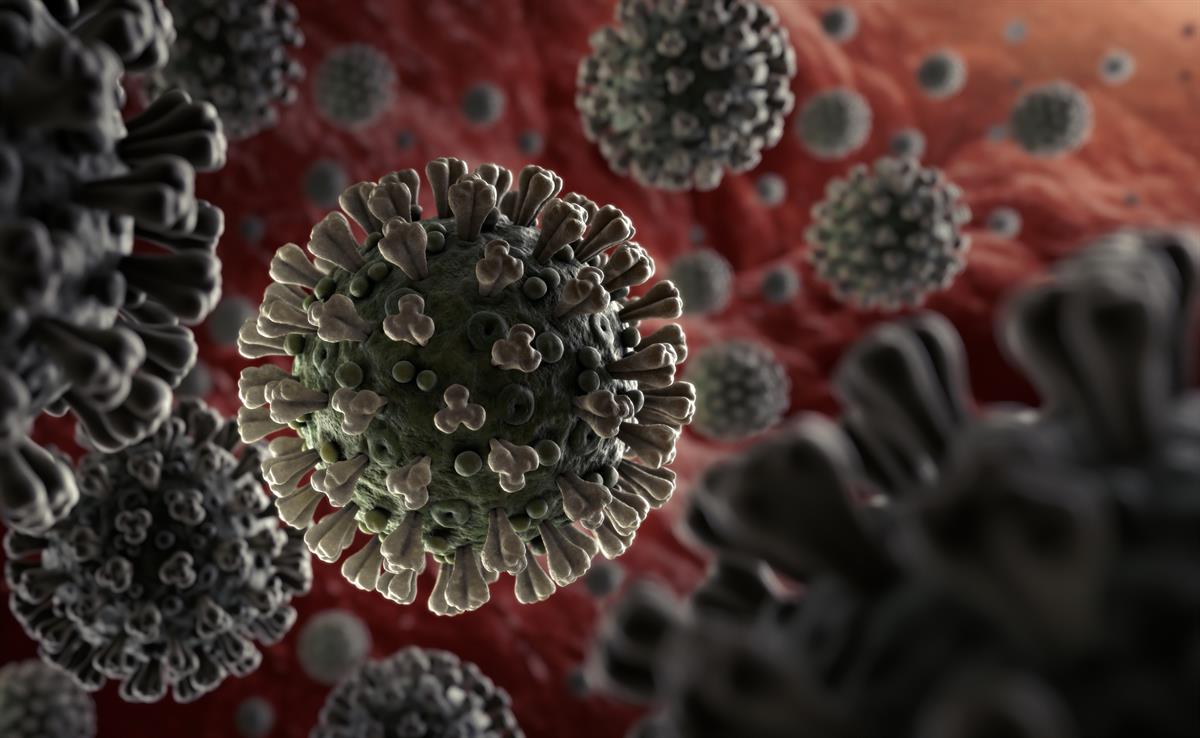
by Tim Middleton
Catch-22 was a hugely successful satirical novel by Joseph Heller published in 1961 from which we now use the expression “Catch-22” to describe a paradoxical situation from which someone cannot escape. Pilots in World War II came under incredible pressure and so tried to escape further dangerous missions by claiming to be insane. However, in order to prove they were insane they would have to give good reason, but if they did so then they would not be deemed insane! Modern versions have related to someone being asked to have experience for a particular job, but they cannot get that experience until they have been given that job! Similarly the only way we may qualify for a loan is to prove to our bank that we do not need a loan.
We are perhaps in a Catch-22 scenario right now — it is called Covid-19. After all, we are facing a “dilemma or difficult circumstance from which there is no escape because of mutually conflicting or dependent conditions”. We run the risk of danger if we open schools, but we also run the risk of danger if we do not open them. Let us, however, put it in context. According to official police records, in the three-week period over the festive season last year (December 15, 2019 to January 6, 2020), 138 people are said to have died in Zimbabwe (in 1 518 different accidents) — that is 138 deaths in three weeks. In comparison, over the last nine weeks four people have died in Zimbabwe of Covid-19. Was no one allowed to drive on the roads during the festive season? Did everyone have to stay at home and not go in their car anywhere? Did people not drive cars because many people die in car accidents? No, life went on. Sure, we consider the risks carefully; some chose to drive during the day but not at night. But where there was great danger, did we suddenly stop everything?
The fact is, firstly, we live with risk every day. We might prefer certainty and safety but in the middle of the word ‘Risk’ is the smaller word ‘is’ — not ‘might’ or ‘may’ or ‘could’, but ‘is’, which implies certainty. So we can say with certainty that life is a risk; risk is all around us. Furthermore, in the middle of the word ‘life’ is the smaller word ‘if’ and ‘if’ implies uncertainty, possibility; there is risk in life. When we go in our cars we face great risk from uncharted potholes, bad drivers, unsafe vehicles, stray animals and unmarked lorries. When we post a comment on social media we face the risk of others shouting us down; every time we play sport (some more than others) we face the real possibility of serious injury. When we go for an interview there is a real risk that we will not be offered the position (and therefore encounter deep disappointment, severe loss of confidence, a considerable sense of rejection). In each and every scenario though, we still take that risk.
The fact is, secondly, we learn from risk. After all, if we know the outcome to something we will not bother trying anything. Life is an ongoing learning experience, which will involve highs and lows, ups and downs, successes and failures, and we should not fear such moments, but rather grasp them. We learn to assess, consider, manage and even use risk. That is what an entrepreneur is all about; they take risks and we are called increasingly to enable and equip our youngsters to be entrepreneurs. When we consider risk, we tend to always focus on the looming threat as opposed to the huge potential that the entrepreneur sees. However, if the project fails we learn from it and we ensure we do not make that mistake again. We apply risk assessment, sure, but we will go nowhere if we assess every conceivable risk. There has to be a limit to our risk assessment; if not, we would never go outside in case we are hit by a meteor or aliens land or we get arrested or such like.
In his often-quoted poem entitled If, Rudyard Kipling debated what made a real “man” and one of his conditions was, “If you can make one heap of all your winnings and risk it on one turn of pitch-and-toss”. We have to be prepared to take risks. Kipling started the poem by asking, “If you can keep your head while all about you are losing theirs and blaming it on you”. We need to keep our heads at this time of Covid-19, but understand this Catch-22 situation; we may well be damned if we do and damned if we do not.
However, if we stay at home and wonder what might happen, we will go nowhere and our children will learn nothing, because they are not at school and because they are not living and learning from risk. We may well be risking our children’s education more by not opening schools. Life is a risk; that is today’s lesson. Perhaps we are insane if we do not see that.











